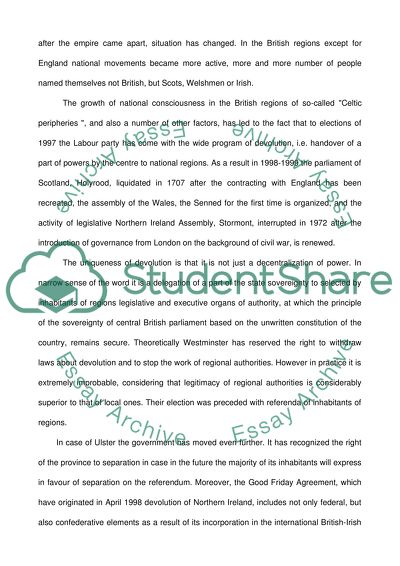Cite this document
(“Since 1997, britain has been undergoing a period of constitutional Essay”, n.d.)
Since 1997, britain has been undergoing a period of constitutional Essay. Retrieved from https://studentshare.org/miscellaneous/1540026-since-1997-britain-has-been-undergoing-a-period-of-constitutional-reform-this-reform-has-been-radical-and-yet-piecemeal-discuss-this-statement-in-relation-t
Since 1997, britain has been undergoing a period of constitutional Essay. Retrieved from https://studentshare.org/miscellaneous/1540026-since-1997-britain-has-been-undergoing-a-period-of-constitutional-reform-this-reform-has-been-radical-and-yet-piecemeal-discuss-this-statement-in-relation-t
(Since 1997, Britain Has Been Undergoing a Period of Constitutional Essay)
Since 1997, Britain Has Been Undergoing a Period of Constitutional Essay. https://studentshare.org/miscellaneous/1540026-since-1997-britain-has-been-undergoing-a-period-of-constitutional-reform-this-reform-has-been-radical-and-yet-piecemeal-discuss-this-statement-in-relation-t.
Since 1997, Britain Has Been Undergoing a Period of Constitutional Essay. https://studentshare.org/miscellaneous/1540026-since-1997-britain-has-been-undergoing-a-period-of-constitutional-reform-this-reform-has-been-radical-and-yet-piecemeal-discuss-this-statement-in-relation-t.
“Since 1997, Britain Has Been Undergoing a Period of Constitutional Essay”, n.d. https://studentshare.org/miscellaneous/1540026-since-1997-britain-has-been-undergoing-a-period-of-constitutional-reform-this-reform-has-been-radical-and-yet-piecemeal-discuss-this-statement-in-relation-t.


